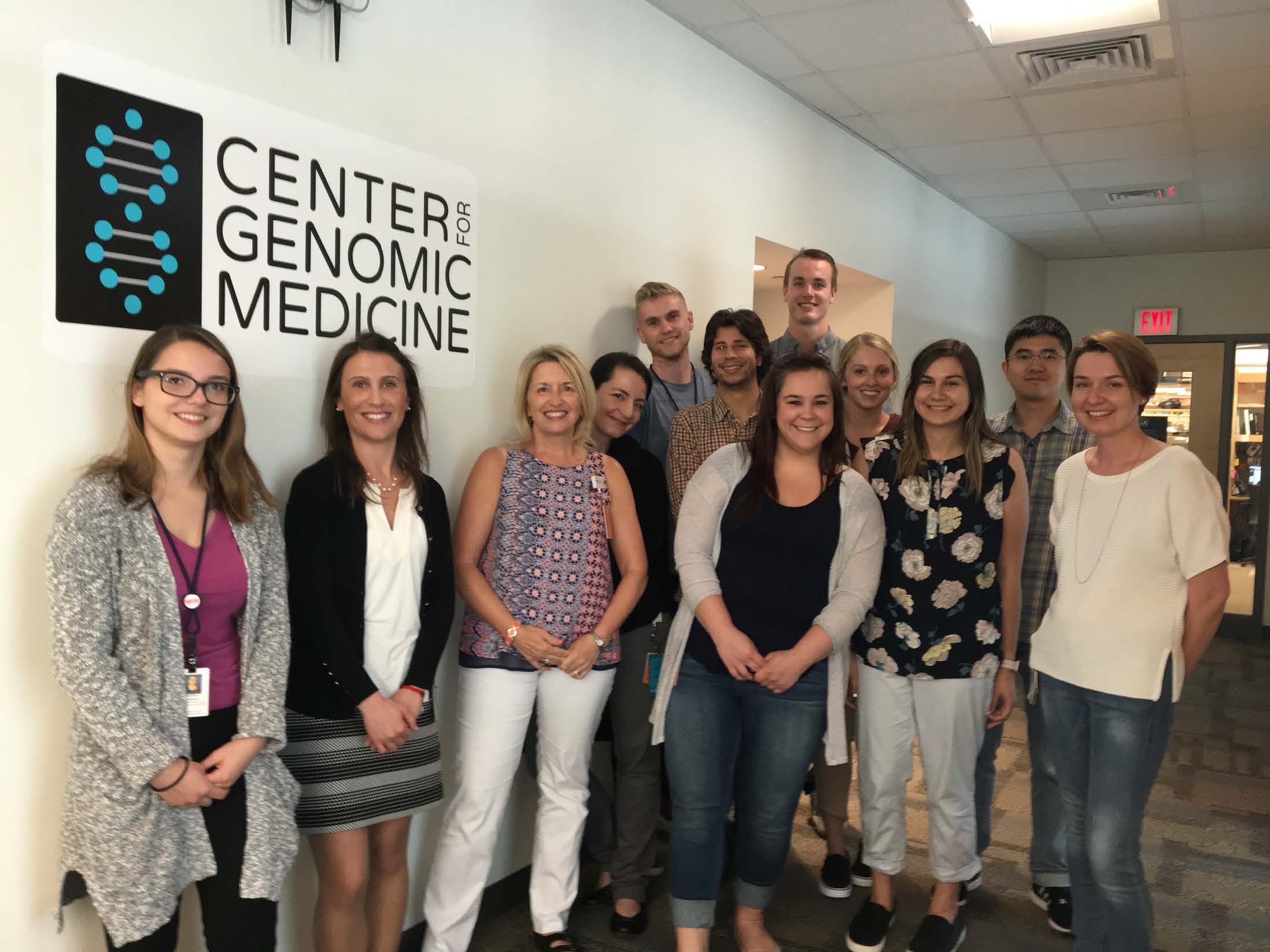Posted By: Sarah Ratzel, PhD, Science Editor, AJHG
Each month, the editors of The American Journal of Human Genetics interview an author(s) of a recently published paper. This month, we check in with Sue Slaugenhaupt to discuss her paper, “ELP1 Splicing Correction Reverses Proprioceptive Sensory Loss in Familial Dysautonomia”.

AJHG: What caused you to start working on this project?
Sue: When I arrived at Massachusetts General Hospital as a postdoctoral fellow in 1991, one of the projects in Jim Gusella’s lab was focused on mapping the gene for familial dysautonomia (FD). Given my background in gene mapping, I became involved in the project and once we mapped the gene, I took over the project aimed at identifying the mutation. Once we cloned the gene and discovered that it was a mRNA splicing defect, I became fascinated by the idea of modifying splicing as a route to therapy, and my lab has worked on this ever since. I have known many FD patients and their families for over 25 years, and our work is driven by the desire to develop a disease modifying therapy for this devastating disease.
AJHG: What about this paper most excites you?
Sue: Developing a mouse model for FD was a huge challenge since the disease is caused by a tissue-specific reduction of ELP1 protein. In 2016, we succeeded in generating a phenotypic mouse model and this paper describes the first trial of a potential therapy in our mouse. I am very excited that our treatment was able to increase the amount of ELP1 protein in the peripheral nervous system and, most importantly, rescue two of the most debilitating aspects of the disease, gait ataxia and kyphosis.
AJHG: Thinking about the bigger picture, what implications do you see from this work for the larger human genetics community?
Sue: There are many efforts underway to generate therapies that target mRNA splicing, including small molecules, antisense oligonucleotides, and exon-specific U1 snRNAs. A significant fraction of human genetic disease mutations impact mRNA splicing, so this is an exciting time. These therapies are targeted at the molecular mechanism of disease, not at symptoms, and we are likely to see new treatments for many previously untreatable genetic diseases over the next several years.
AJHG: What advice do you have for trainees/young scientists?
Sue: Find a good mentor. One who cares more about your future and your career than their own. Look outside your own lab, and fight against the tide that keeps you locked in an unproductive situation too long.
AJHG: And for fun, tell us something about your life outside of the lab.
Sue: I’m moving to a condo overlooking the beach next month and I can’t wait!
Susan Slaugenhaupt, PhD, is Scientific Director, Center for Genomic Medicine at Mass General Hospital Research Institute and Professor of Neurology at Harvard Medical School. She is a member of ASHG’s Board of Directors.
